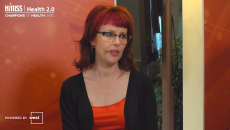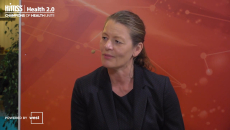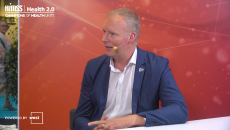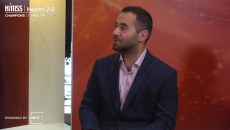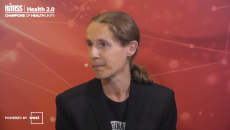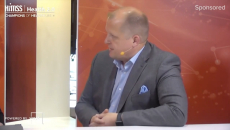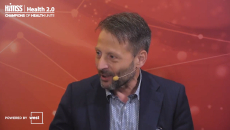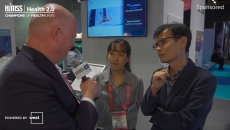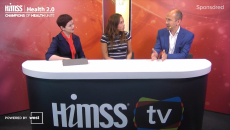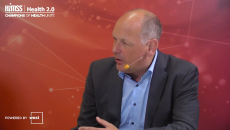Health 2.0
Victoria Betton, mHabitat founder and director and HIMSS UK Advisory Council member, says two benefits of using digital tools to help improve people's mental well-being are anonymity and remote access.
Norway is using lessons from oil and gas industry successes along with the country's pioneering culture to fuel the drive to maximize the healthcare system's potential, Norway Health Tech CEO Kathrine Myhre, winner of the HIMSS Europe Future50 award.
Kalle Killar, deputy secretary general at the Ministry of Social Affairs in Estonia, says that nearly 20% of the country's citizens are gene donors, giving it a very valuable asset for implementing precision medicine.
Blockchain technology can be a game-changer, but it’s still in its infancy, so manage expectations accordingly, says Dr. Abdullah Albeyatti, CEO and co-founder at Medicalchain.
Petteri Kivimäki, CTO for Nordic Institute for Interoperability Solutions, says X-Road is being used by Finland and Estonia to enable the secure exchange of data, with opportunities to expand to the rest of Europe.
Mikko Vasama, general manager of Health Systems Nordics at Philips, says when working within a publicly funded healthcare system, training, education and access to technology for patients are imperative.
We need to learn more about the behaviors of consumers before maximizing the global potential of the human and machine collaboration in healthcare, according to Zoltan Lantos, head of Social Innovation Lab at iAsk.
Taegyun Song, director of Korea Health Industry Development Institute, says over 90% of Korean hospitals use an e-health system that tracks the patient journey, and the goal now is to develop systems outside medical institutions.
Automating some processes can increase the chance of better outcomes for patients while reducing clinicians' workloads, says Kevin Shah, head of Enterprise New Business at Fujifilm Europe.
While some German hospitals are already digitally advanced, they can still learn from the Nordic countries about improving interoperability and data exchange, says Henning Schneider, CIO of Asklepios Healthcare Group.
